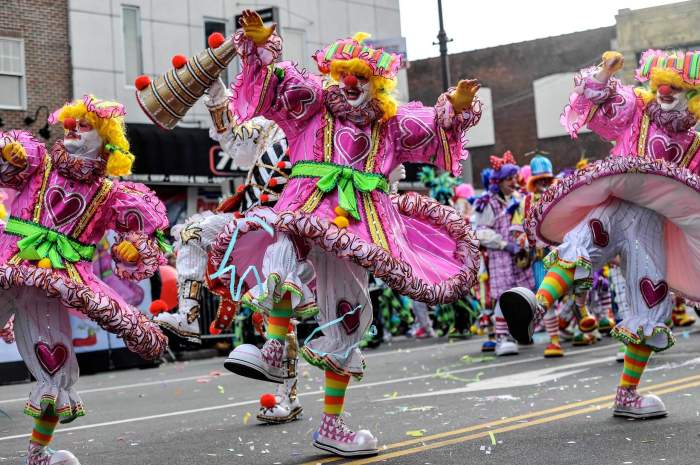You’ve most definitely have heard “Auld Lang Syne” (or at least the first couple of bars) once in your lifetime. You might have even hummed along to it.
But you have probably never sang it.
If you are sober enough to read this, and aren’t occupied with kissing someone (that’s alright if you aren’t, better luck next year) here are the lyrics to this traditional song*:
Auld Land Syne
Should old acquaintance be forgot, CHORUS: And surely you’ll buy your pint cup! CHORUS
We two have run about the slopes, CHORUS
We two have paddled in the stream, CHORUS
And there’s a hand my trusty friend! CHORUS
“Auld lang syne,” essentially in English means “days long ago,” so you can probably guess that the song is about remembrance and looking into the past.
The song encourages us to not forget our past friendships, loved ones, and family members whom we have not spoken to, have been separated from, or whom have passed.
Although it seems like it might be a bit of a depressing song to sing while bringing in the New Year (it is), it’s an important reminder in this age of “now” to give the past some attention and consideration. For if we only examine what is, rather than what once was, how will we move on to what will be? Happy new year, folks.
*NOTE: I have taken the liberty of blending the traditional-ish Scottish verse with the easier to pronounce and understand English verse. Why? I think it sounds better.
and never brought to mind?
Should auld acquaintance be forgot,
and auld lang syne*?
For auld lang syne, my dear,
for auld lang syne,
we’ll tak’ a cup o’ kindness yet,
for auld lang syne.
and surely I’ll buy mine!
And we’ll take a cup o’ kindness yet,
for auld lang syne.
and picked the daisies fine;
But we’ve wandered many a weary foot,
since auld lang syne.
from morning sun till dine;
But seas between us broad have roared
since auld lang syne.
And give me a hand o’ thine!
And we’ll take a right good-will draught,
for auld lang syne.
‘Auld Lang Syne,’ what it means and why we sing it



















